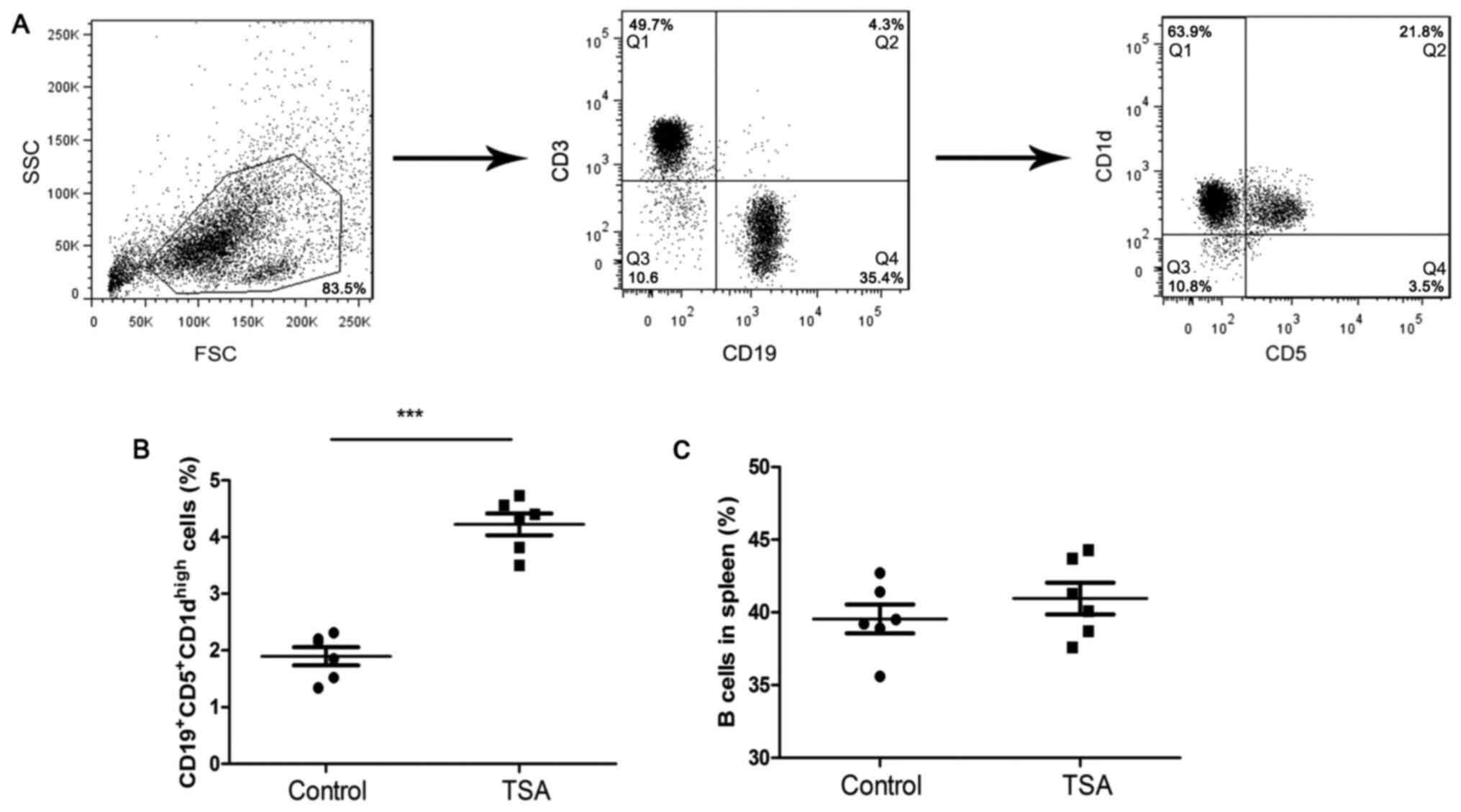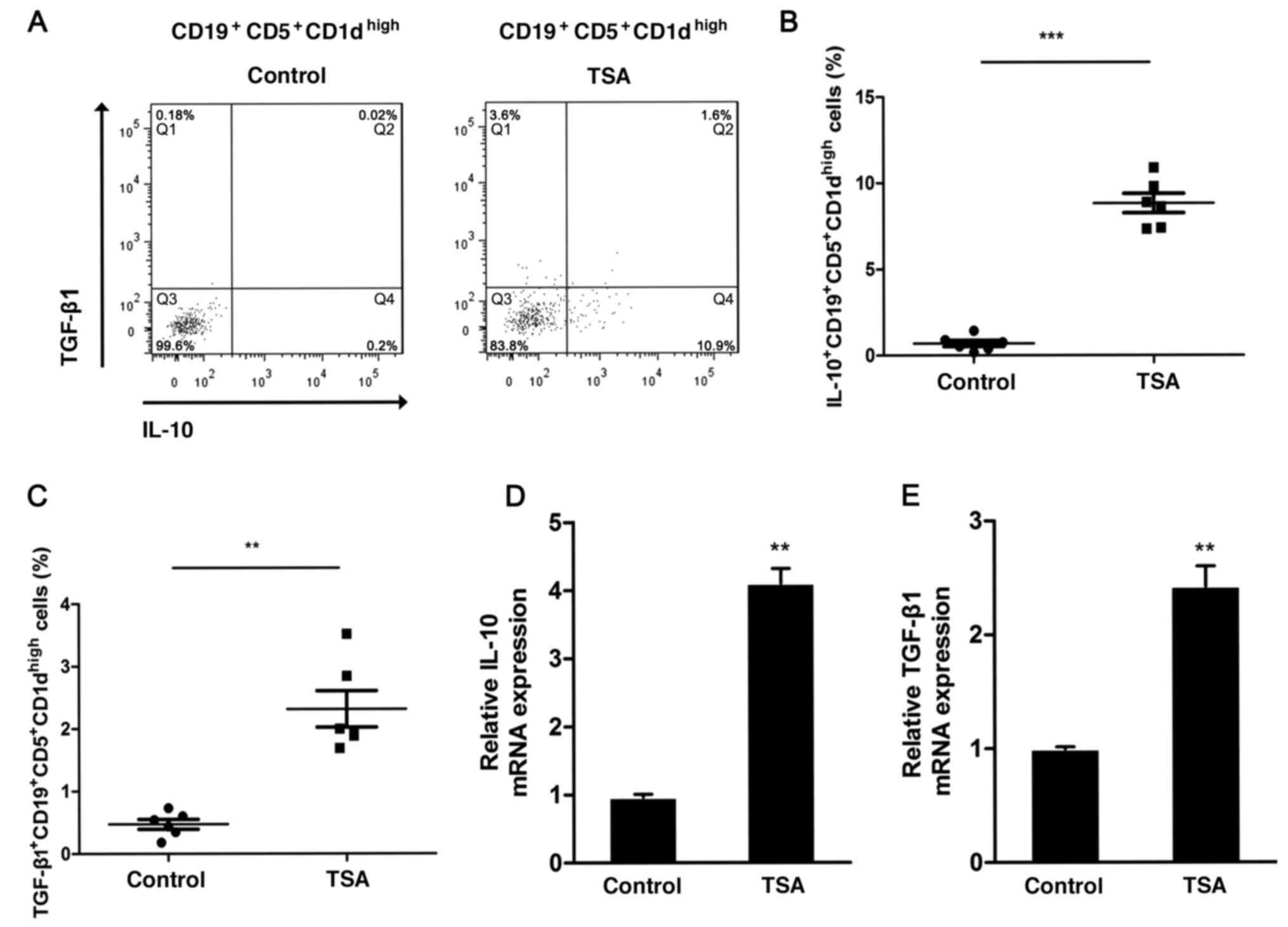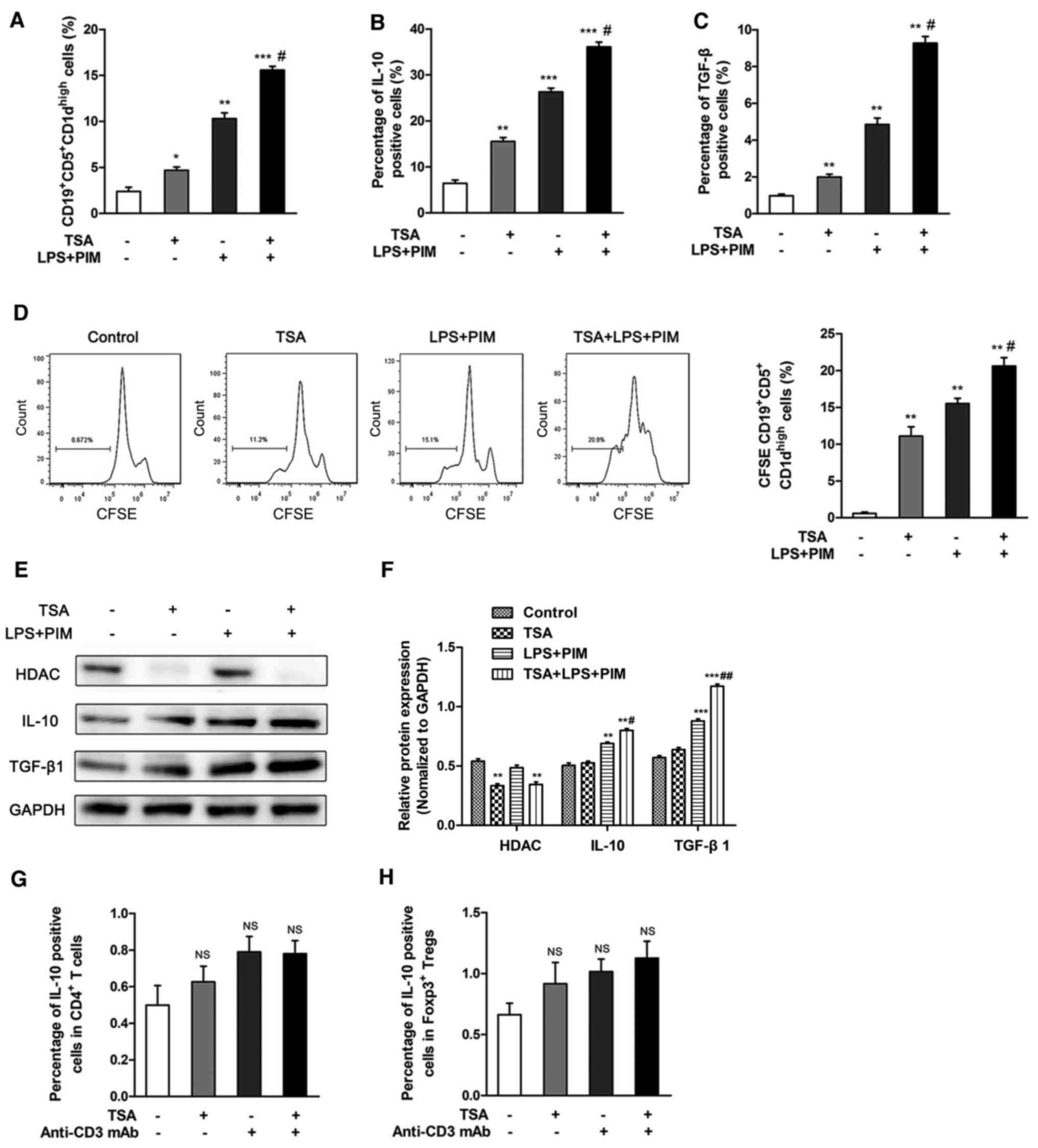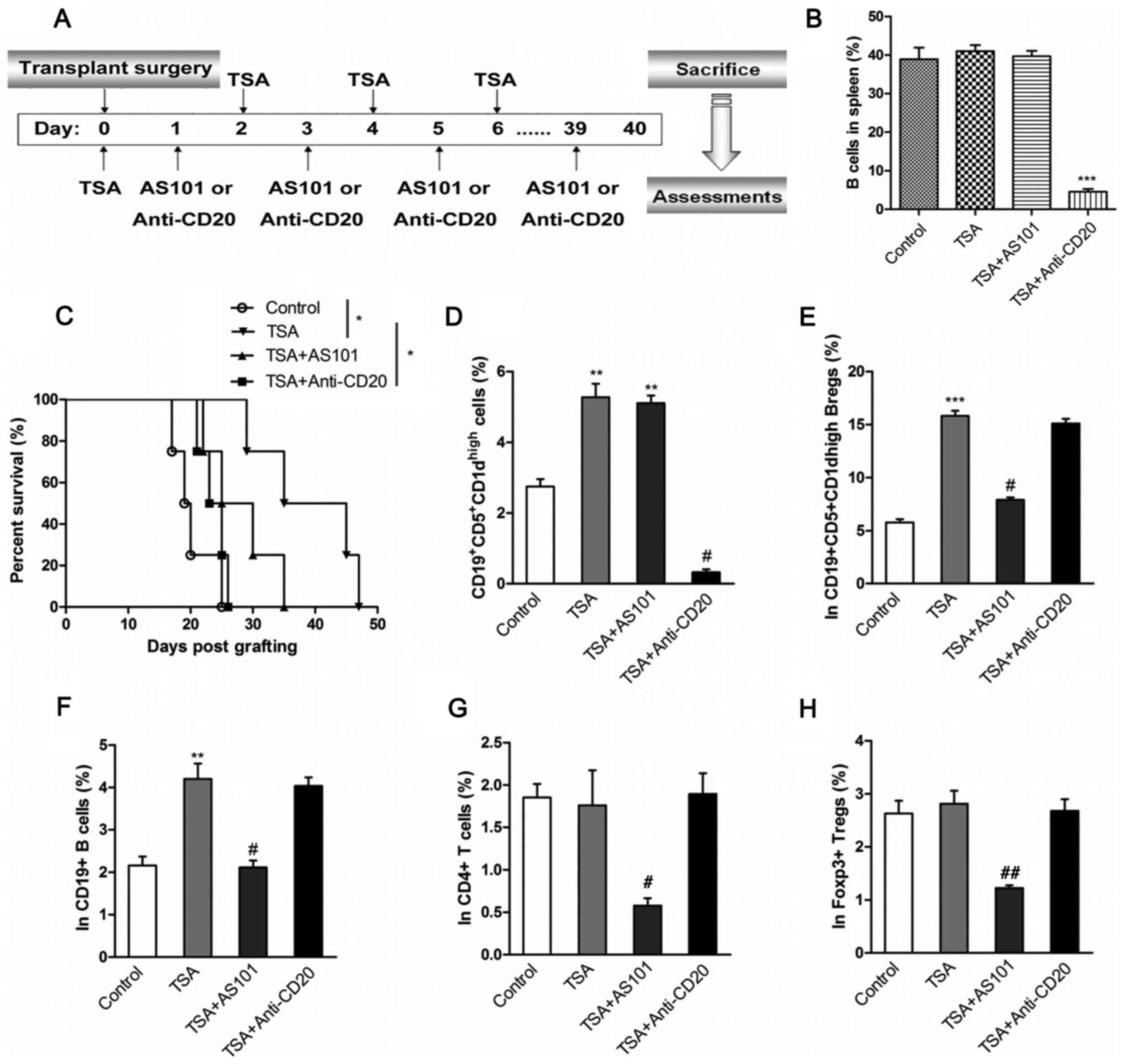|
1
|
Benjamin EJ, Virani SS, Callaway CW,
Chamberlain AM, Chang AR, Cheng S, Chiuve SE, Cushman M, Delling
FN, Deo R, et al: Heart disease and stroke statistics-2018 update:
A report from the American heart association. Circulation.
137:e67–e492. 2018. View Article : Google Scholar : PubMed/NCBI
|
|
2
|
Parry J: China and Japan face epidemic of
heart disease. BMJ. 329:6432004. View Article : Google Scholar : PubMed/NCBI
|
|
3
|
Wu WL, He JX and Shao XB: Incidence and
mortality trend of congenital heart disease at the global,
regional, and national level, 1990–2017. Medicine. 99:e205932020.
View Article : Google Scholar : PubMed/NCBI
|
|
4
|
Yancy CW, Jessup M, Bozkurt B, Butler J,
Casey DE Jr, Drazner MH, Fonarow GC, Geraci SA, Horwich T, Januzzi
JL, et al: 2013 ACCF/AHA guideline for the management of heart
failure: A report of the American College of Cardiology
Foundation/American Heart Association Task Force on Practice
Guidelines. J Am Coll Cardiol. 62:e147–e239. 2013. View Article : Google Scholar : PubMed/NCBI
|
|
5
|
Tang WR, Yu CY and Yeh SJ: Fatigue and its
related factors in patients with chronic heart failure. J Clin
Nurs. 19:69–78. 2010. View Article : Google Scholar : PubMed/NCBI
|
|
6
|
Corra U, Pistono M, Mezzani A, Braghiroli
A, Giordano A, Lanfranchi P, Bosimini E, Gnemmi M and Giannuzzi P:
Sleep and exertional periodic breathing in chronic heart failure:
Prognostic importance and interdependence. Circulation. 113:44–50.
2006. View Article : Google Scholar : PubMed/NCBI
|
|
7
|
Lala A and Desai AS: The role of coronary
artery disease in heart failure. Heart Fail Clin. 10:353–365. 2014.
View Article : Google Scholar : PubMed/NCBI
|
|
8
|
Donal E, Leclercq C, Linde C and Daubert
JC: Effects of cardiac resynchronization therapy on disease
progression in chronic heart failure. Eur Heart J. 27:1018–1025.
2006. View Article : Google Scholar : PubMed/NCBI
|
|
9
|
You H, Li Y, Wang S, Qi L and Du J:
GW28-e0697 Metabolomic profiling in relation to heart failure based
on ischemic cardiomyopathy and dilated cardiomyopathy. J Am Coll
Cardiol. 70:C25–C26. 2017. View Article : Google Scholar
|
|
10
|
Thireau J, Aimond F, Poisson D, Zhang B,
Bruneval P, Eder V, Richard S and Babuty D: New insights into
sexual dimorphism during progression of heart failure and rhythm
disorders. Endocrinology. 151:1837–1845. 2010. View Article : Google Scholar : PubMed/NCBI
|
|
11
|
Vanderlaan RD, Caldarone CA and Backx PH:
Heart failure in congenital heart disease: The role of genes and
hemodynamics. Pflugers Arch. 466:1025–1035. 2014. View Article : Google Scholar : PubMed/NCBI
|
|
12
|
Popjes ED, Owens AT and Jessup M:
End-stage diastolic and systolic heart failure: Evaluation and
timing of heart transplantation. Springer; London: 2015, View Article : Google Scholar
|
|
13
|
de Weger RA: Immune regulators regulated
to prevent transplant reactions. J Am Coll Cardiol. 63:30–32. 2014.
View Article : Google Scholar : PubMed/NCBI
|
|
14
|
Eisen HJ, Tuzcu EM, Dorent R, Kobashigawa
J, Mancini D, Valantine-von Kaeppler HA, Starling RC, Sorensen K,
Hummel M, Lind JM, et al: Everolimus for the prevention of
allograft rejection and vasculopathy in cardiac-transplant
recipients. N Engl J Med. 349:847–858. 2003. View Article : Google Scholar : PubMed/NCBI
|
|
15
|
Waldmann H, Adams E, Fairchild P and
Cobbold S: Infectious tolerance and the long-term acceptance of
transplanted tissue. Immunol Rev. 212:301–313. 2006. View Article : Google Scholar : PubMed/NCBI
|
|
16
|
Divito SJ and Morelli AE: Apoptotic Cells
for Therapy of Transplant Rejection. Springer; Netherlands: 2009,
View Article : Google Scholar
|
|
17
|
Golshayan D, Jiang S, Tsang J, Garin MI,
Mottet C and Lechler RI: In vitro-expanded donor
alloantigen-specific CD4+CD25+ regulatory T
cells promote experimental transplantation tolerance. Blood.
109:827–835. 2007. View Article : Google Scholar : PubMed/NCBI
|
|
18
|
Wu Z, Bensinger SJ, Zhang J, Chen C, Yuan
X, Huang X, Markmann JF, Kassaee A, Rosengard BR and Hancock WW:
Homeostatic proliferation is a barrier to transplantation
tolerance. Nat Med. 10:87–92. 2004. View
Article : Google Scholar : PubMed/NCBI
|
|
19
|
Hoffman W, Lakkis FG and Chalasani G: B
cells, antibodies, and more. Clin J Am Soc Nephrol. 11:137–154.
2016. View Article : Google Scholar : PubMed/NCBI
|
|
20
|
van de Veen W, Stanic B, Wirz OF, Jansen
K, Globinska A and Akdis M: Role of regulatory B cells in immune
tolerance to allergens and beyond. J Allergy Clin Immunol.
138:654–665. 2016. View Article : Google Scholar : PubMed/NCBI
|
|
21
|
Dambuza IM, He C, Choi JK, Yu CR, Wang R,
Mattapallil MJ, Wingfield PT, Caspi RR and Egwuagu CE: IL-12p35
induces expansion of IL-10 and IL-35-expressing regulatory B cells
and ameliorates autoimmune disease. Nat Commun. 8:7192017.
View Article : Google Scholar : PubMed/NCBI
|
|
22
|
Gong Y, Zhao C, Zhao P, Wang M, Zhou G,
Han F, Cui Y, Qian J, Zhang H, Xiong H, et al: Role of
IL-10-producing regulatory B cells in chronic Hepatitis B virus
infection. Dig Dis Sci. 60:1308–1314. 2015. View Article : Google Scholar : PubMed/NCBI
|
|
23
|
Biragyn A and Lee-Chang C: A new paradigm
for an old story: The role of regulatory B cells in cancer. Front
Immunol. 3:2062012. View Article : Google Scholar : PubMed/NCBI
|
|
24
|
Chu Z, Zou W, Xu Y, Sun Q and Zhao Y: The
regulatory roles of B cell subsets in transplantation. Expert Rev
Clin Immunol. 14:115–125. 2018. View Article : Google Scholar : PubMed/NCBI
|
|
25
|
Berthelot JM, Jamin C, Amrouche K, Le Goff
B, Maugars Y and Youinou P: Regulatory B cells play a key role in
immune system balance. Joint Bone Spine. 80:18–22. 2013. View Article : Google Scholar : PubMed/NCBI
|
|
26
|
Witt O, Deubzer HE, Milde T and Oehme I:
HDAC family: What are the cancer relevant targets? Cancer Lett.
277:8–21. 2009. View Article : Google Scholar : PubMed/NCBI
|
|
27
|
Winkler R and Kosan C: Effects of HDACi on
Immunological Functions. Springer; New York: 2017, View Article : Google Scholar
|
|
28
|
Amin SA, Adhikari N and Jha T: Is dual
inhibition of metalloenzymes HDAC-8 and MMP-2 a potential
pharmacological target to combat hematological malignancies?
Pharmacol Res. 122:8–19. 2017. View Article : Google Scholar : PubMed/NCBI
|
|
29
|
Krajewski D, Kaczenski E, Rovatti J,
Polukort S, Thompson C, Dollard C, Ser-Dolansky J, Schneider SS,
Kinney SRM and Mathias CB: Epigenetic regulation via altered
histone acetylation results in suppression of mast cell function
and mast cell-mediated food allergic responses. Front Immunol.
9:24142018. View Article : Google Scholar : PubMed/NCBI
|
|
30
|
Montagud-Romero S, Cantacorps L and
Valverde O: Histone deacetylases inhibitor trichostatin A reverses
anxiety-like symptoms and memory impairments induced by maternal
binge alcohol drinking in mice. J Psychopharmacol. 33:1573–1587.
2019. View Article : Google Scholar : PubMed/NCBI
|
|
31
|
Liu Y, He G, Wang Y, Guan X, Pang X and
Zhang B: MCM-2 is a therapeutic target of Trichostatin A in colon
cancer cells. Toxicol Lett. 221:23–30. 2013. View Article : Google Scholar : PubMed/NCBI
|
|
32
|
Wood M, Rymarchyk S, Zheng S and Cen Y:
Trichostatin A inhibits deacetylation of histone H3 and p53 by
SIRT6. Arch Biochem Biophys. 638:8–17. 2018. View Article : Google Scholar : PubMed/NCBI
|
|
33
|
Wójcikowska B, Botor M, Morończyk J,
Wójcik AM, Nodzyński T, Karcz J and Gaj MD: Trichostatin A Triggers
an Embryogenic transition in arabidopsis explants via an
Auxin-related pathway. Front Plant Sci. 9:13532018. View Article : Google Scholar : PubMed/NCBI
|
|
34
|
Wang J, Yang J, Yan Y, Zhu Z, Mu Y, Wang
X, Zhang J, Liu L, Zhao F and Chi Y: Effect of adoptive transfer of
CD4+CD25+Foxp3+ Treg induced by
trichostatin A on the prevention of spontaneous abortion. J Reprod
Immunol. 131:30–35. 2019. View Article : Google Scholar : PubMed/NCBI
|
|
35
|
Bhat SA, Vedpathak DM and Chiplunkar SV:
Checkpoint blockade rescues the repressive effect of histone
deacetylases inhibitors on γδ T cell function. Front Immunol.
9:16152018. View Article : Google Scholar : PubMed/NCBI
|
|
36
|
Frikeche J, Peric Z, Brissot E, Grégoire
M, Gaugler B and Mohty M: Impact of HDAC inhibitors on dendritic
cell functions. Exp Hematol. 40:783–791. 2012. View Article : Google Scholar : PubMed/NCBI
|
|
37
|
Hull EE, Montgomery MR and Leyva KJ: HDAC
inhibitors as epigenetic regulators of the immune system: Impacts
on cancer therapy and inflammatory diseases. Biomed Res Int.
2016:87972062016. View Article : Google Scholar : PubMed/NCBI
|
|
38
|
Hayun R, Shpungin S, Malovani H, Albeck M,
Okun E, Nir U and Sredni B: Novel involvement of the
immunomodulator AS101 in IL-10 signaling, via the tyrosine kinase
Fer. Ann NY Acad Sci. 1095:240–250. 2007. View Article : Google Scholar : PubMed/NCBI
|
|
39
|
Danoch H, Kalechman Y, Albeck M, Longo DL
and Sredni B: Sensitizing B and T lymphoma cells to
Paclitaxel/Abraxane-induced death by AS101 via inhibition of the
VLA-4/IL-10/survivin axis. Mol Cancer Res. 13:411–422. 2015.
View Article : Google Scholar : PubMed/NCBI
|
|
40
|
National Institutes of Health Committee on
Care and Use of Laboratory Animals of the Institute of Laboratory
Animal Resources Commission on Life Sciences: Guide for the care
and use of laboratory animals. NIH Publication; pp. 86–23. 1985
|
|
41
|
Livak KJ and Schmittgen TD: Analysis of
relative gene expression data using real-time quantitative PCR and
the 2(-Delta Delta C(T)) method. Methods. 25:402–408. 2001.
View Article : Google Scholar : PubMed/NCBI
|
|
42
|
Davis CL and Hricik DE: Transplant:
Immunology and treatment of rejection. Am J Kidney Dis.
43:1116–1137. 2004. View Article : Google Scholar : PubMed/NCBI
|
|
43
|
Suzuki JI, Ogawa M and Isobe M: Murine
Heart Transplantation and Graft Arterial Disease. Springer; Japan:
2016, View Article : Google Scholar
|
|
44
|
Wu GD, Nolta JA, Jin YS, Barr ML, Yu H,
Starnes VA and Cramer DV: Migration of mesenchymal stem cells to
heart allografts during chronic rejection. Transplantation.
75:679–685. 2003. View Article : Google Scholar : PubMed/NCBI
|
|
45
|
Hunt SA, Strober S, Hoppe RT and Stinson
EB: Total lymphoid irradiation for treatment of intractable cardiac
allograft rejection. J Heart Lung Transplant. 10:211–216.
1991.PubMed/NCBI
|
|
46
|
Yang Z, Liu Y and Zhou X: Immune
modulation by silencing CD80 and CD86 production in dendritic cells
using small hairpin RNA to reduce heart transplant rejection.
Transpl Immunol. 49:20–27. 2018. View Article : Google Scholar : PubMed/NCBI
|
|
47
|
Zhang X, Beduhn M, Zheng X, Lian D, Chen
D, Li R, Siu LK, Marleau A, French PW, Ichim TE and Min WP:
Induction of alloimmune tolerance in heart transplantation through
gene silencing of TLR adaptors. Am J Transplant. 12:2675–2688.
2012. View Article : Google Scholar : PubMed/NCBI
|
|
48
|
Lindenfeld J, Miller GG, Shakar SF, Zolty
R, Lowes BD, Wolfel EE, Mestroni L, Page RL II and Kobashigawa J:
Drug therapy in the heart transplant recipient: Part I: Cardiac
rejection and immunosuppressive drugs. Circulation. 110:3734–3740.
2004. View Article : Google Scholar : PubMed/NCBI
|
|
49
|
Ensor CR, Goehring KC, Iasella CJ, Moore
CA, Lendermon EA, McDyer JF, Morrell MR, Sciortino CM,
Venkataramanan R and Wiland AM: Belatacept for maintenance
immunosuppression in cardiothoracic transplantation: The potential
frontier. Clin Transpl. 32:e133632018. View Article : Google Scholar
|
|
50
|
Chong AS: New insights into the
development of B cell responses: Implications for solid organ
transplantation. Human Immunol. 80:378–384. 2019. View Article : Google Scholar
|
|
51
|
Dijke EI, Platt JL, Blair P, Clatworthy
MR, Patel JK, Kfoury AG and Cascalho M: B cells in transplantation.
J Heart Lung Transplant. 35:704–710. 2016. View Article : Google Scholar : PubMed/NCBI
|
|
52
|
Locatelli SL, Cleris L, Stirparo GG,
Tartari S, Saba E, Pierdominici M, Malorni W, Carbone A, Anichini A
and Carlo-Stella C: BIM upregulation and ROS-dependent necroptosis
mediate the antitumor effects of the HDACi Givinostat and Sorafenib
in Hodgkin lymphoma cell line xenografts. Leukemia. 28:1861–1871.
2014. View Article : Google Scholar : PubMed/NCBI
|
|
53
|
West AC, Smyth MJ and Johnstone RW: The
anticancer effects of HDAC inhibitors require the immune system.
Oncoimmunology. 3:e274142014. View Article : Google Scholar : PubMed/NCBI
|
|
54
|
Ye J, Li J, Zhou M, Xia R, Liu R and Yu L:
Modulation of donor-specific antibody production after organ
transplantation by valproic acid: A histone deacetylase inhibitor.
Transplantation. 100:2342–2351. 2016. View Article : Google Scholar : PubMed/NCBI
|
|
55
|
Mohammadi S, Saghaeian-Jazi M, Sedighi S
and Memarian A: Sodium valproate modulates immune response by
alternative activation of monocyte-derived macrophages in systemic
lupus erythematosus. Clin Rheumatol. 37:719–727. 2018. View Article : Google Scholar : PubMed/NCBI
|


















